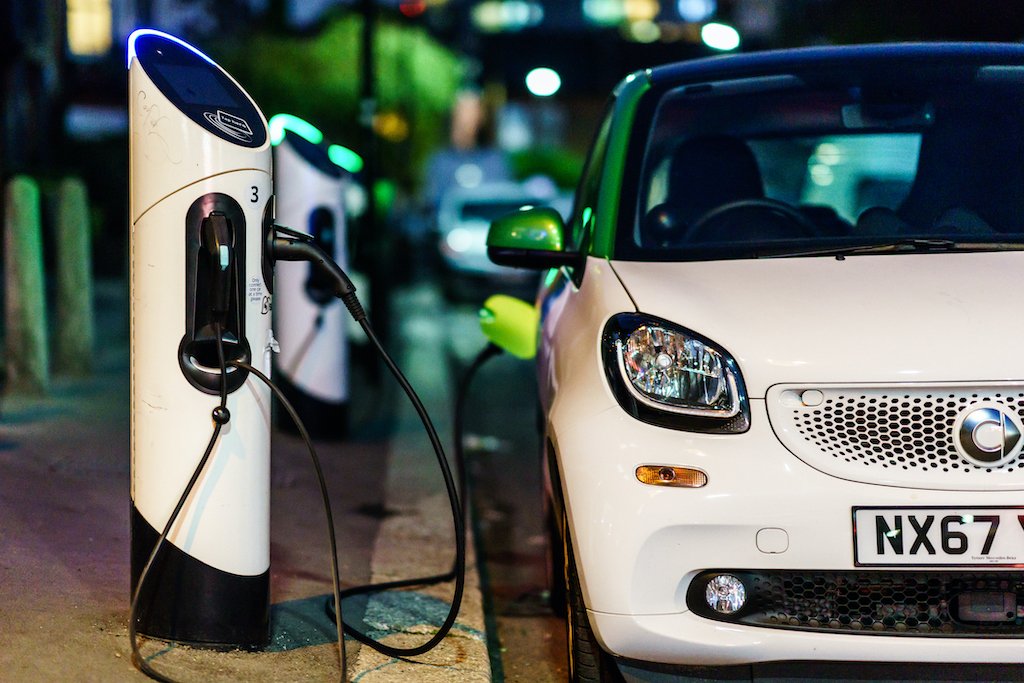Group calls for statutory duty on local authorities to produce EV strategies
Research indicates that fewer than three in ten local authorities in the UK have published EV transition strategies, despite being encouraged to do so by the UK Government and the Local Government Association.
The insight is based on Freedom of Information requests carried out by the FairCharge campaign. FairCharge is a new grass-roots campaign headed by former Top Gear presenter Quentin Willson, which aims to ensure “the benefits of the EV revolution are available to all”. It found that only 28% of local authorities have published EV transition strategies, while a further 23% are in the process of devising a strategy.
FairCharge is also pushing for government to reduce the 20% VAT rate on public charging so that it is equal to the 5% rate for those who charge at home off-street.
The VAT differential was highlighted by a Resolution Foundation report published earlier this month which concluded that those without driveways face cost barriers as well as infrastructure barriers. It estimated those with off-street parking pay on average only £139 in charging costs a year, compared to £712 for those without.
FairCharge spokesman Quentin Willson commented, “The figures revealed from councils in our Freedom of Information requests are extremely worrying. BEIS and DfT say that local authorities are best placed to consider local needs, and this of course is true, but we can see today that without a big role for central government in supporting councils, there is a real chance that much of country will be left behind in terms of public charging infrastructure. Councils clearly need to up their game too, but their needs to be direction and oversight from central government.
“The figures are so concerning because they mean that many people – such as those without driveways – will be hindered from taking part in the EV revolution. This is simply unfair and will hold back efforts to decarbonise transport.
“The Government should waste no time in placing a statutory duty on local authorities to produce EV transition strategies.”

